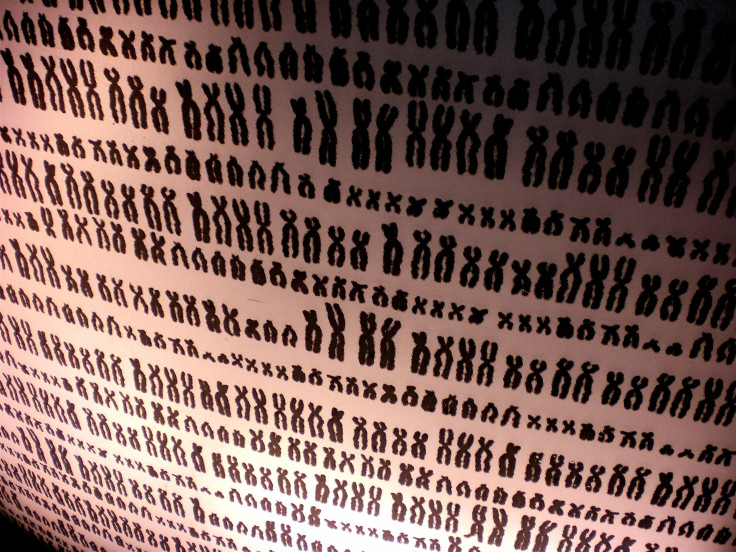5 Genetic Mutations Linked To Brain Cancer Might Explain Why Tumors Grow In The Brain

Nearly 70,000 new cases of primary brain cancer will be diagnosed this year, and the cause may lie within a person’s DNA. The Institute for Cancer Research has linked glioma, the most common form of brain cancer, with five genes that can be inherited throughout a family line. Scientists came across the discovery in what’s considered the largest study to date on DNA from people with glioma.
"These are exciting results because identifying genetic mistakes that increase the risk of glioma could be a vital first step toward developing new treatments against the disease,” said Dr. Aine McCarthy, a science information officer at Cancer Research UK, in a press release. “Building on these findings and determining the exact role these genetic changes play in the development of glioma could help doctors personalize treatment for the disease in the future and save more lives."
The research team compared DNA from more than 5,637 people who were diagnosed with glioma to 9,158 people without the disease. There are three billion letters of DNA that create a person’s genetic makeup, and each variant is a one-letter difference in the DNA code that increases risk of glioma for those who have the disease. When researchers searched each patient’s DNA code, they found a total of 12 mistakes in the genes of people with glioma.
According to the American Brain Tumor Association, there are currently more than 120 different types of brain tumors identified. Researchers found only one genetic variant increased risk of glioblastoma (23 percent); however, despite representing 17 percent of all primary brain tumors, the number of people affected by this type of glioma is relatively small. The other four variants that were found in patients’ genes were increased risk of non-glioblastoma forms of glioma developing by approximately 5 percent.
Dr. Melissa Bondy, associate director of Cancer Prevention and Population Sciences at the National Cancer Institute, said it was widely believed throughout the medical community that there was no association between family history and the development of gliomas. But that was before Bondy’s team of researchers linked genes to gliomas. The influence genetics have on a person’s risk of developing a certain cancer is just beginning to be understood, as genetic testing becomes more widely used in diagnostics.
"It provides firm evidence that susceptibility to the disease is in part inherited,” said the study’s lead researcher Richard Houlston, a professor of Molecular and Population Genetics at the Institute of Cancer Research, in the press release. "One of the risk factors we identified is linked to quite a dramatically increased chance of developing glioblastoma, a particularly aggressive kind of brain cancer. Our study sheds fresh light on the biology of gliomas, and could provide clues to why the disease develops, and how it could be treated or prevented."
Source: Houlston R, et al. Nature Communications. 2015.
Published by Medicaldaily.com



























